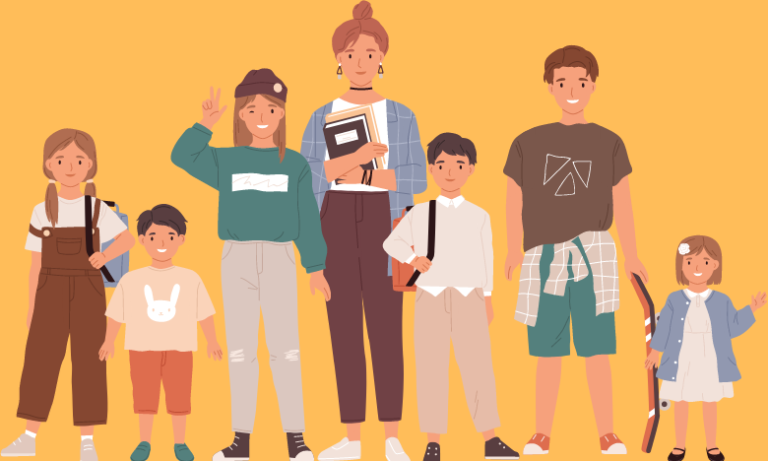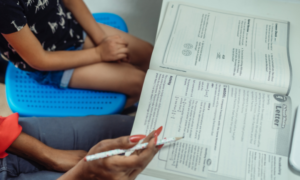
Exemptions at various levels
Private schools have the freedom to be as flexible with exemptions as they want, especially in the case of internals and unit tests. Depending upon the school’s SEN policy and management, the exemptions that a school provides at primary and secondary levels varies from one school to another. CBSE mandated concessions can also be asked for from an earlier stage if the child’s condition demands it because the by-laws of both the RPWD Act and CBSE allow it.
Subject-specific Exemptions
- Exemption from the third language in 10th grade, for example, instead of Hindi, English, and French, a child with a learning disability can opt for just Hindi and English, and drop the third language as a subject. Most schools permit the child to drop the third language in grade six itself if a licensed child psychologist diagnoses the child with a specific learning disability.
- Children with a learning disability also have the option of studying only one compulsory language, as opposed to two. For example, they can be exempted from studying Hindi and only study and appear in exam for English.
- As for the remaining four compulsory subjects, children with a learning disability have the flexibility to choose from two categories of subjects, which include mathematics, science, social science, computer applications, or painting, music, home-science, etc.
CBSE has primarily provided an outline of exemptions for the high-school level. However, exemptions at different levels are quite similar. Reduction in the number of subjects, flexibility in the choice of subjects, exclusion from studying a second and third language, exams through computers, and oral exams, are some of the main provisions given at different levels.

One of the significant provisions the CBSE provides is the facility of a scribe. A scribe is somebody who writes answers for the child during the examination as dictated by the child. If a child’s condition warrants it, they should be allowed the same exemptions that they’re entitled to at the board level, in the ninth and 11th grades too. For example, the child may be provided with a scribe but only for writing long answers and paragraphs. The child writes all the MCQs, fill in the blanks, short answers themselves so that the writing ability also progresses at its own pace and does not make the child entirely dependent.
In an assignment for testing creative writing, dyslexic and dysgraphic children may be allowed to use a scribe. It would not only help them perform better but lend them practice for the future on how to work with a scribe. Before appearing for their board exams, children with a learning disability should be comfortable in recalling, retaining, and dictating because a scribe can only write what the child narrates, and dictating to the scribe is itself a skill that the child needs to learn. So, providing the child with a scribe as early as possible and working with extra time will allow the child to practice and help the child overcome the discomfort of memorizing, recalling, and then dictating the same to somebody.
Process of availing these exemptions
At the school level, a diagnosis of the learning disability from a licensed professional, i.e., a child psychologist or a psycho-educational therapist is mandatory. However, for the board exams, a disability certificate from a hospital recognized by the government is required. For the 10th grade, parents need to procure this certificate in the ninth grade and then submit it to their school. The school, in turn, will submit the child’s credentials to CBSE. Similarly, for the 12th grade, the certificate needs to be submitted by July of eleventh grade. Therefore, in this entire process of acquiring and submitting the certificate, timing is an essential factor.
Apart from the disability certificate, CBSE also requires a written request from the school principal and an educational-assessment report from a government-recognized institution. These requirements are needed specifically for availing provisions in grades 10th and 12th.
Once the board accepts the disability certificate and the assessment report, a child becomes eligible for availing the exemption provisions mandated by CBSE and the law.